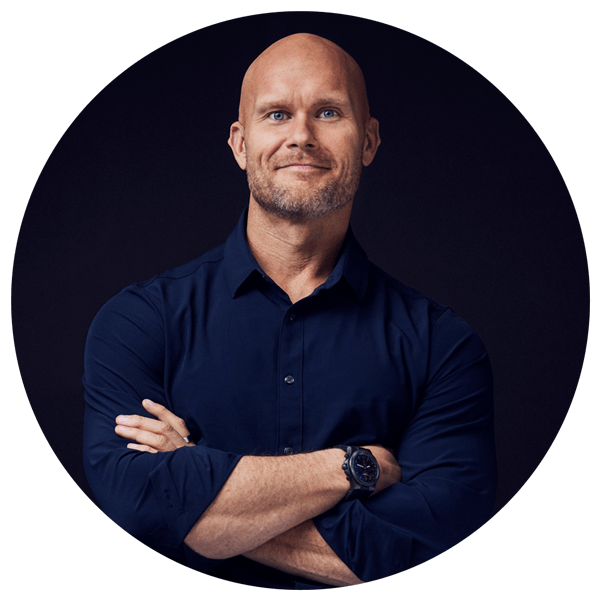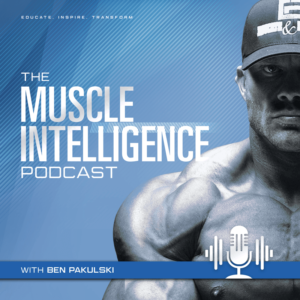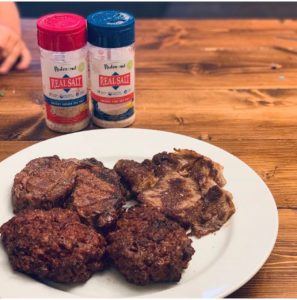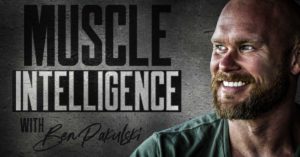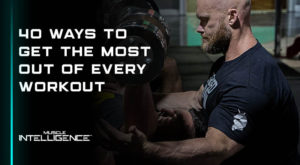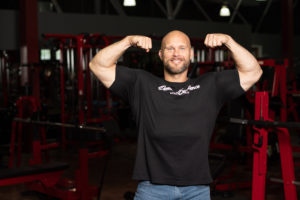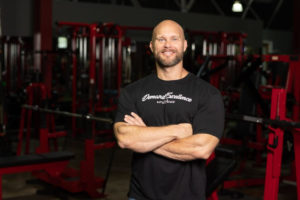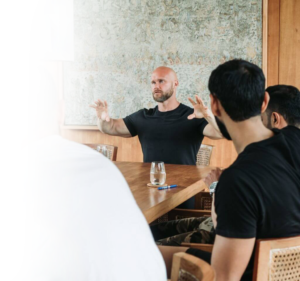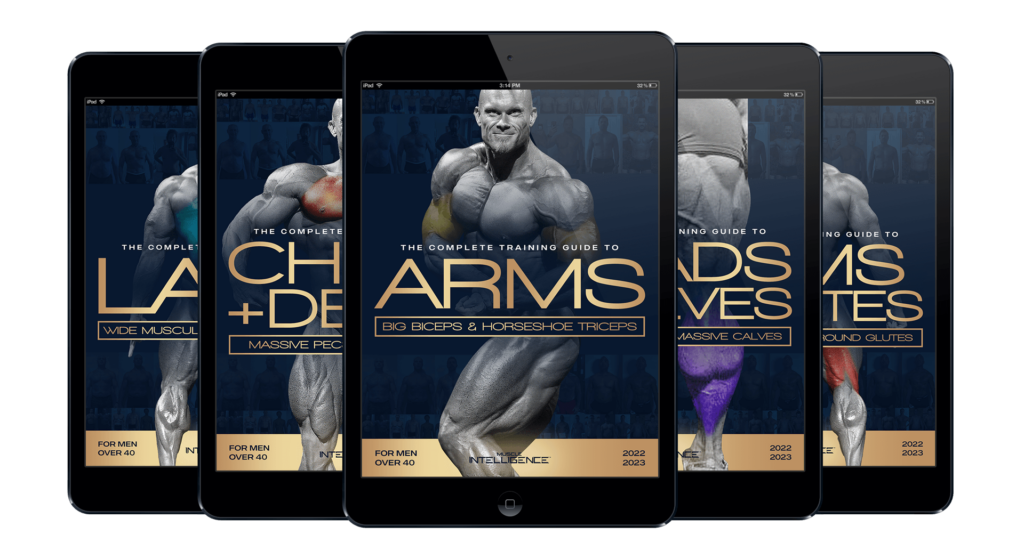This is an excerpt from Muscle Intelligence podcast episode 108 – Exploring epigenetics and optimizing health in times of stress with Dr. Dan Stickler. This excerpt has been edited for clarity.
Ben Pakulski: When you see somebody’s blood work, what are the things that are going to stand out to you as being the greatest opportunities to progress? You mentioned hormones. Is it also looking at cellular function inflammation?
Dr. Dan Stickler: Yeah. They all play together. I don’t take a single blood test and say, “Oh, you’ve got this.” We look at hormones. We look at inflammatory markers. We look at things like iron storage. We look at vitamin D levels. We look at N Cysteine levels, we’re looking at basic metabolic panels, so liver function, kidney function…then correlating that with what we’re seeing in the other areas. Is this consistent with what we’re seeing here? If so, then is there a direct impact of this to create that?
BP: Okay. Obviously, we can’t go into specific diagnoses, we can’t go into specific treatments, but environmentally, what are some of your foundational tips? I know it’s over-generalized, but I think people who are listening to this want to know, “Hey, I want to thrive. I want to optimize, but I don’t have the ability to work with Ben. Where should I place my attention?”
DS: The first thing I would tell people is to really get good at understanding your own metrics. I have people that’ll say, “My stress level runs 50 all the time.” Well, okay, but when you’re feeling good, what is it? When you get a full night’s sleep, what is it?
We look at the dynamic of the system rather than looking at those absolute numbers. Resting heart rate is a classic one. I can tell you, I know when I am off based on my resting heart rate, because it’ll go up 10 points. I would normally run 53 on my resting heart rate. I mean, it’s like a metronome throughout the year. I’ve worn this thing continuously for three years.
When I go up to 58 or 62, I know there’s something off in my system. Alcohol has a huge impact on my system; just one glass of alcohol and my stress scores go up. Now a lot of people will think that’s a bad thing, okay. But my stress score goes off the chart with exercise, and that’s a good thing.
You want to stress the system and you want it to respond to that stress. This is the adaptation that we’re trying to achieve. You stress the system, create the adaptation for it and that is where the benefits of the exercise come from. If it stresses your system and your system doesn’t fully recover until the next time you’re exercising, you’re probably going to get into detrimental stress. There’s good stress and the bad stress.
Now alcohol, it trashes my system for about six hours after a glass. Is that a bad thing? Yes, if I do it every day. Now if I have a glass of alcohol once or twice every month, that’s a whole different process. I’m actually adapting my system to a little bit of stress and that’s a good thing.
BP: What are your daily rituals to maintain health and immune function during this time?
DS: Sleep is absolutely critical. Sleep is such an underestimated benefit to the body. I mean, we look at sleep as it’s something we have to do. People don’t look at sleep as a performance enhancer.
BP: Huge.
DS: Yeah. Mindset is absolutely critical right now. I mean, the immune system right now is being bombarded. I’m not talking about the virus. I’m talking about our lifestyles, where anything that disrupts routine impacts the immune system. We have now changed our daily routine pretty dramatically.
Our immune system is going to be compromised from that. There’s no question. I mean, even if we go on vacation, we think these things are great for stress. Because it disrupts our routine, our body actually gets stressed when we go on vacations, even though we may mentally feel like it’s relieved. Having the disruption in the routine is stressful.
If you’re reading social media right now, you can probably getting even more stress about what’s happening. People will stay up late at night on the computer looking at social media and going, “What’s going to happen? Look at my finances. How is this going to impact me? How are we going to get through this?”
The stress is ubiquitous right now in the system and it’s contagious. I mean, it’s more contagious than the virus. You get around somebody’s who’s stressed, just think about how you start to feel. What we need to do is start reframing a lot of this: it’s a time to step back and start working on our processes. We can say, “Okay, this is a time for us to regroup and do some things that we’ve been planning on doing. We have the downtime. We have the ability to do that.”
I’ve been focusing on the really positive aspects of what this is creating; it’s a paradigm reset of the world. I mean, look at what’s going to change when this resolves. We’re going to see a change in the education system. We’re going to see a change in the medicine system. I mean, they’ve approved telemedicine without having physicians to be licensed in every state that they’re doing telemedicine. I think that’s going to stick. That’s something that has opened up a new door.
We’re going to see changes in people looking at their health and not taking it for granted and saying, “Oh, if something happens then I’ll do that.” This is a wake-up call. I think you’re going to see a shift in the way people function just from this entire event.
***
Click here to listen to all of the Muscle Intelligence podcast episodes!


